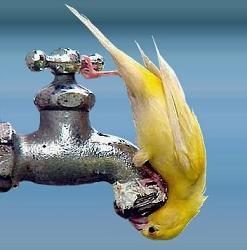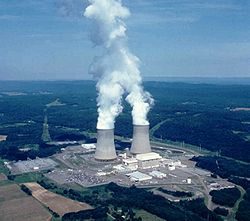 Lyrical Poetry is that poetic style that is characterized especially because its author expresses, either very deep feelings or an intense reflection on some question.
Lyrical Poetry is that poetic style that is characterized especially because its author expresses, either very deep feelings or an intense reflection on some question.
Basically, what lyric poetry transmits are states of mind product of, for example, a state of absolute introspection that later led to that intense communication of feelings or reflections, that is, it is a genre in which what prevails is subjectivity.
For this matter of constantly expressing feelings and inner states of the writer, lyrical poetry really makes a cult of love and love themes, but it is not limited only to the expression of them, of course it cannot be denied that it is The theme that the authors most frequently monopolize, however, any other expression of the author's emotions, even if it does not have to do with a sentimental reason, will also be considered as lyrical poetry, grief, failure, fear, loneliness, among other issues.
This manifestation of emotions and feelings is not done raw but it suffers from a serious and strict purge both aesthetically and technically, therefore, formally the most outstanding feature of this is that it is written in the form of verse. But the verse is not the only way to communicate a poetry, many authors also resort to poetic prose, in which of course the form of verse is dispensed with but the other characteristics that make the writing an authentic poetry are maintained.
Among the main elements that come together in the assembly of lyrical poetry, the following stand out: expression of feelings, accumulation of images and elements with a high symbolic value, brevity, concentration, density, usually written in the first person.
Some faithful exponents of this type of Poetry are Rubén Darío, Federico García Lorca, Gustavo Adolfo Bécquer and Antonio Gala, among others.
Serpent of love, treacherous laugh, executioner of dreams and light, perfumed dagger, fiery kiss ... That's what you are!









